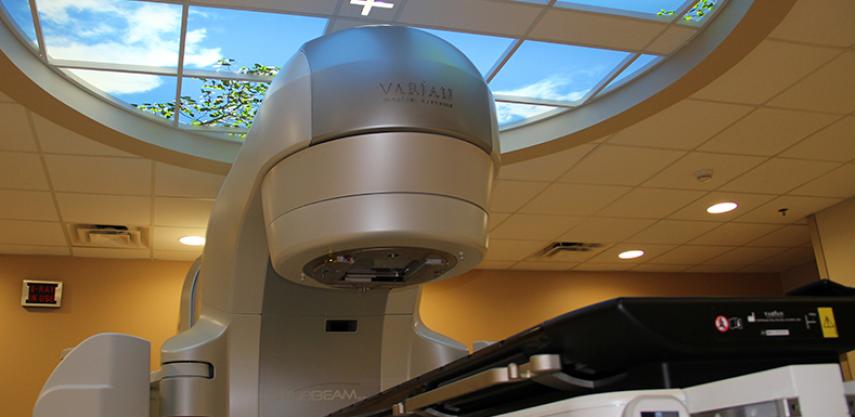Who couldn’t use an extra $9.5 billion? According to CAQH, that is the estimated savings for providers if certain Revenue Cycle Management (RCM) transactions could be automated. What is the transaction with the biggest potential for savings? Prior authorizations. According to new data recently released in the fifth annual CAQH Index the total potential savings by automating RCM transaction savings is $11.1 billion, of which $9.5 billion is borne by providers. Below are the estimated RCM transactions and the differences between the automated and manual costs.
Manual Prior Authorizations, the Biggest RCM Opportunity
Topics: Prior Authorization
We’ve been writing extensively on the growing trends in prior authorizations in radiation therapy and more recently we’ve been presented with the question of how to bill for unauthorized fractions. It is becoming more common for managed care plans to contest the fractionation schedules ordered by the radiation oncologist. These payers, or their utilization management companies, may authorize only a certain number of fractions for certain diagnosis and treatment courses.
Prior authorizations (PAs) in radiation oncology have grown over 20% in the past few years and more and more providers are having difficulty keeping up with the administrative burden of managing the PA process. Often in radiation oncology, there is a practice administrator who might also be tasked with processing PAs. However, managing PAs on a part time basis has become increasingly more difficult because each health plan may implement different requirements and clinical guidelines may change with a surprising frequency.
Topics: Prior Authorization
Two Things to Know About ePA in Radiation Oncology
We have consensus! Prior Authorizations need to improve and improve quickly. So says a collaboration of the AHA, AHIP, AMA, APhA, BCBSA, and MGMA who have announced a Consensus Statement outlining their shared commitment to industry-wide improvements to prior authorization processes and patient-centered care.
Topics: Prior Authorization
Avoid Increased Prior Authorizations with HCPCS Modifier QQ
Effective July 1, 2018, HCPCS modifier QQ (Ordering Professional Consulted A Qualified Clinical Decision Support Mechanism For This Service And The Related Data Was Provided To The Furnishing Professional) is available for reporting. The modifier may be:
Topics: Prior Authorization
The Long Tail of Radiation Oncology Prior Authorizations
We’re often asked: “How quickly can you process prior authorizations?”. The answer is “it depends”, but we owe our customers a more thoughtful explanation than that, so we’ll try a clarification in this blog. We’re reluctant to use averages or other statistics that might be misleading, because prior authorization response times tend to occur in what statisticians call a “long tail distribution”.
Prior Authorizations Soar, Aetna's Medical Director Snores
New Bedford Corporation has been reporting on the growing frequency of radiation oncology prior authorizations. Although we’re well aware of the growing scrutiny and the need to submit medical records to gain approval for certain courses of treatment, we never imagined an Aetna medical director would admit to never reviewing medical records during nearly three years of making coverage decisions.
Topics: Prior Authorization
Survey Reflects Growth in Oncology Prior Authorizations
A joint survey of the Association of Community Cancer Centers (ACCC) and the Advisory Board Oncology Roundtable confirms a trend in oncology and radiation oncology prior authorization growth that New Bedford reported earlier in the year. In an October 2017 blog, New Bedford reported that prior authorization requirements had grown approximately 20% to 31% of all courses of treatment in 2017 from approximately 26% of all courses of treatment in 2015.
Topics: Prior Authorization
In July, the American Society for Radiation Oncology (ASTRO) updated its recommendations for medical insurance coverage for the use of proton beam therapy. Proton therapy offers a high degree of precision, which allows radiation oncologists to target an escalated dose of radiation directly on a tumor and spare nearby healthy tissue. New Bedford’s review of policy changes among large carriers, indicates that coverage is generally being extended to Hepatocellular cancer (no longer required to be treated in a hypofractionated regimen). Radiation oncology billing services and prior authorization services should be aware of the changes.
Three Things to Know about Radiation Therapy Prior Authorizations.
Prior authorization is the requirement to obtain prior approval for the reimbursement of medical services, procedures, tests and specialist appointments. An increase in prior authorization requirements in radiation therapy is placing administrative and financial burdens on many radiation oncology practices throughout the United States. Some basics that radiation oncology providers should know include:









